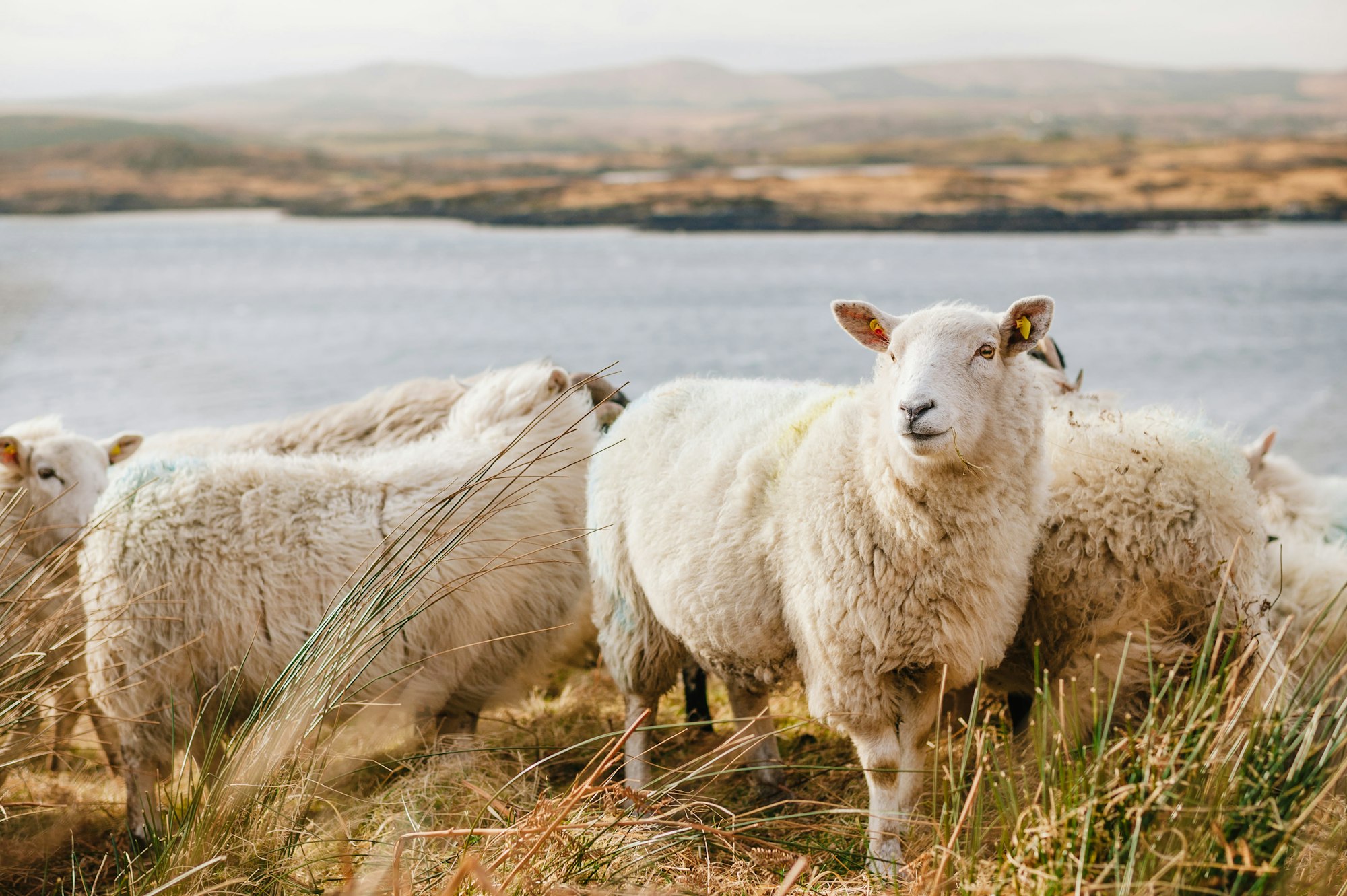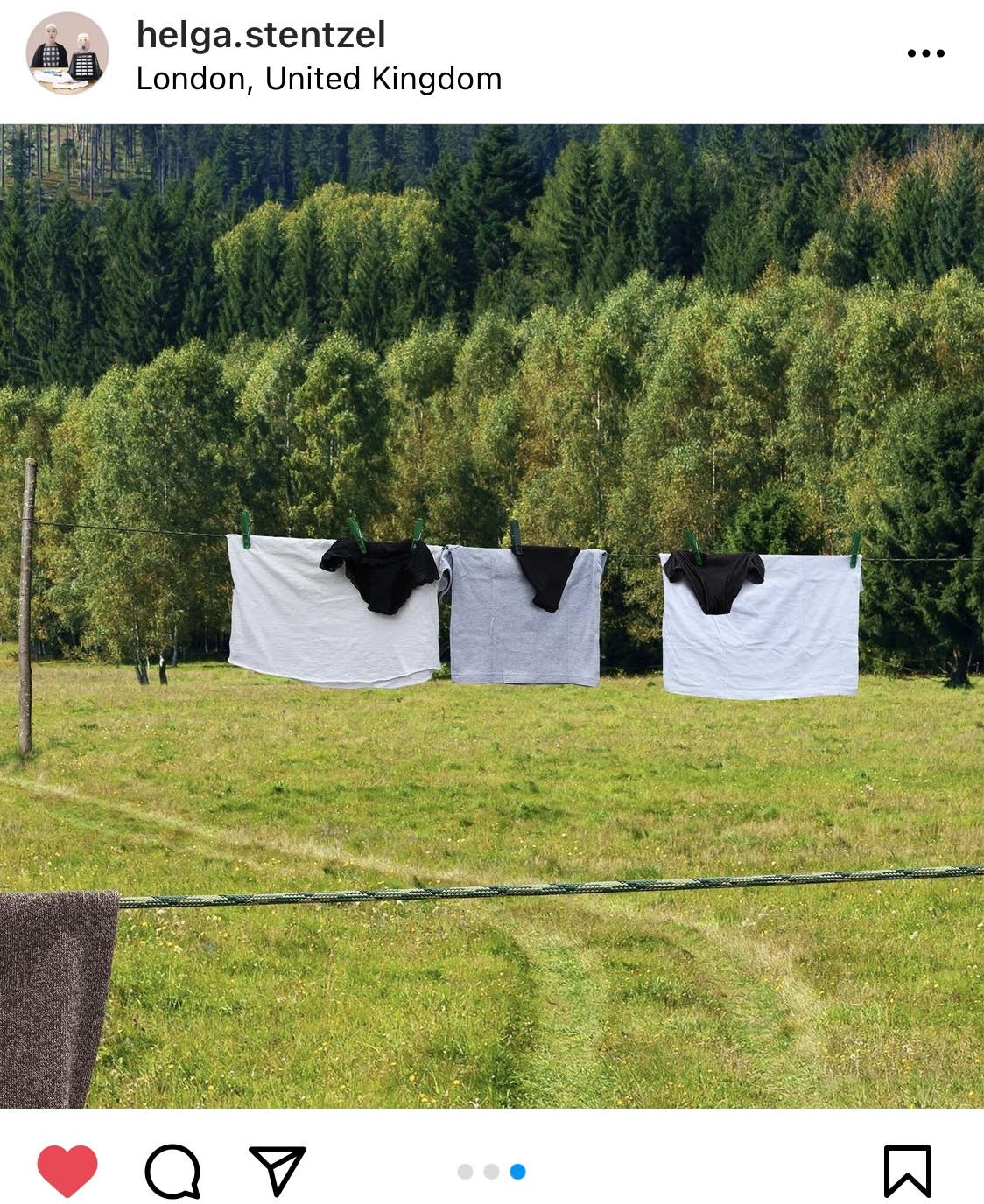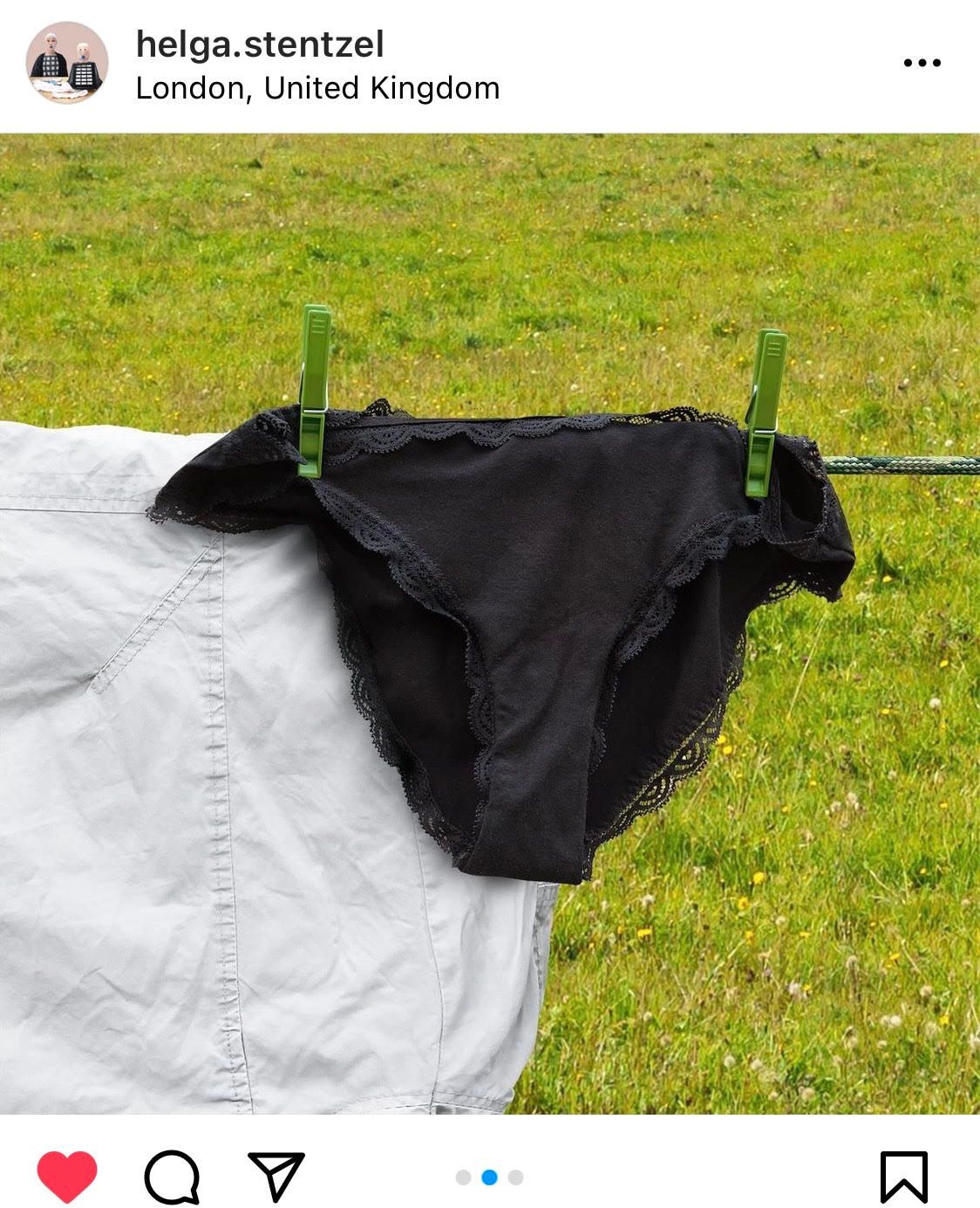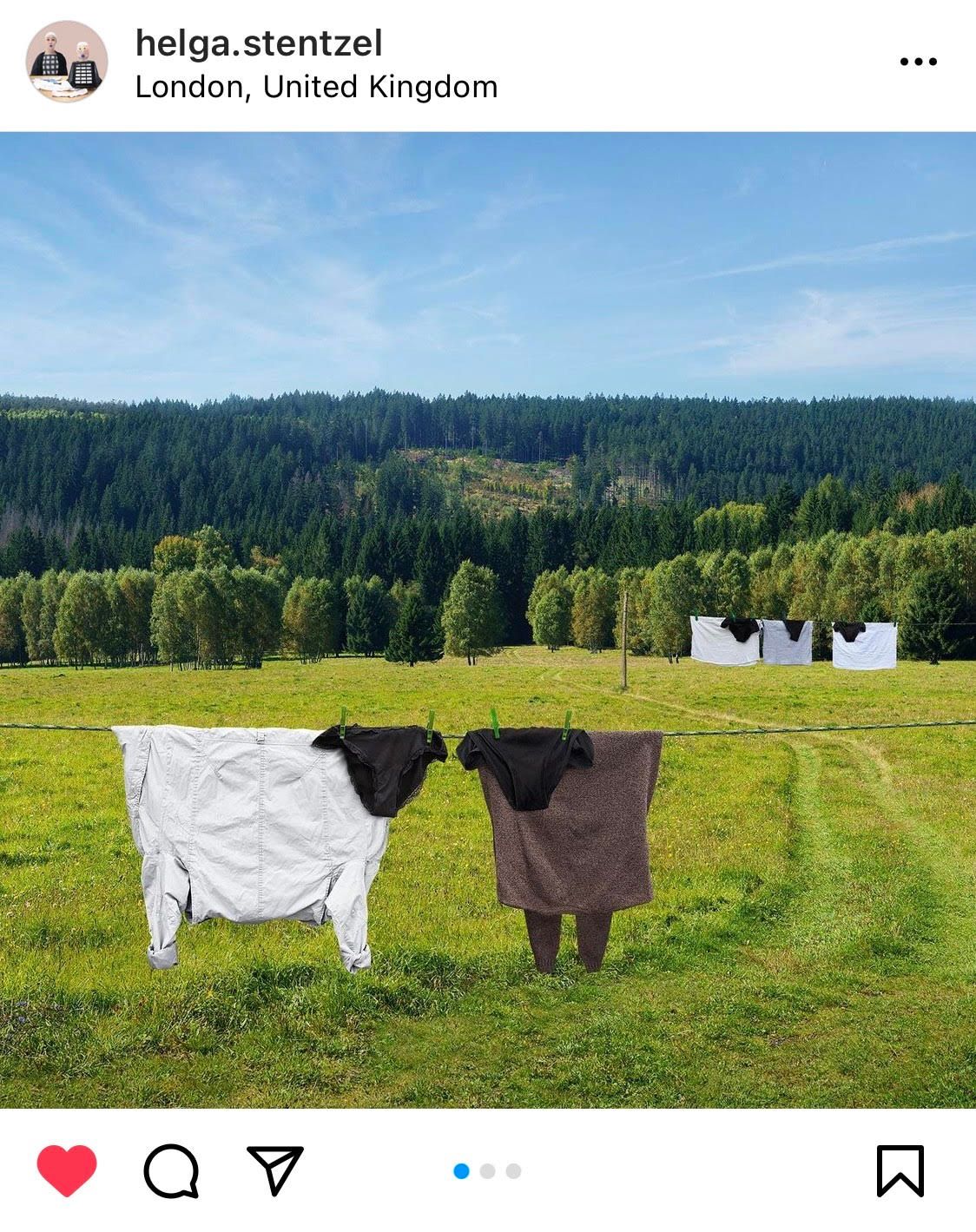The Wool Wire | June 15, 2022
From lawsuits and wildfires to rare breeds, T-shirts, shepherd huts, the environment, and sheep on clotheslines

News snippets from the wool world
US Sheep Herders Sue Employers for Cartel-Like Wage Suppression
Sheep herders in the U.S. West have banded together to sue their employers, accusing them of operating an illegal cartel that artificially suppresses their wages....
Did you ever think you'd see the words "sheep" and "cartel" in the same sentence?
The suit involves the Western Range Association (WRA), a nonprofit member association of ranchers from 13 western states that helps "facilitate the employment of H-2A foreign workers for herding or production of livestock on the range." According to the complaint, when sheep herders apply for jobs through the WRA, they are assigned to ranches without any opportunity to negotiate or shop around for the best deal.
The sheep herders in the suit are largely from rural Peru working in the U.S. on agricultural H-2A visas, and their low wages—as low as $750 per month until a raise in 2016—have stagnated.
The Mora Valley Spinning Mill in New Mexico Needs Our Support
An essential link in New Mexico's wool chain has been hurt by the recent wildfires and needs our help.
"The Calf Canyon Fire has ravaged through the entire community. Our mill is in danger because of the lack of tourism, smoke damage, and closures it has caused." (from Facebook)
The Mora Valley Spinning Mill is a nonprofit community-based wool mill that was founded to provide vocational training in textiles for unemployed and underemployed rural northern New Mexicans, as well as to give a retail outlet for their work. The mill uses wool carding and processing equipment that was donated by the estate of Luisa Gelenter, who was also a founder of the former Taos Valley Wool Mill. Here's a short video about the place.
T-Shirt Take Over by Merino!
In a product review after my own heart, the author predicts a wool future for T-shirts. He did a test run of the Proof 72-Hour T-shirt from Huckberry, concluding that on just about all counts it's a winner, though he hedged a bit on whether the shirt needs no washing after 72-hours.
Note the T-shirt is actually a blend of of 87% 16.5-micron merino wool and 13% nylon. Men's Journal also gives it a rave.
Prioritizing Sustainable Wool Production
Merino sheep came to South Africa in 1789. Today, South Africa is the world’s third largest producer of wool—and the county is doing good work to promote sustainable wool production. Their Sustainable Wool Standard addresses animal welfare in great detail, but it also addresses environmental and labor practices.
The introduction of wool standards in various countries shows the impact that retail consumers (that's us!) can have by asking for more transparency and accountability.
Clothesline Artist Showcases Sheep
Artist Helga Stentzel has been doing a charmingly surreal clothesline animal series in which she uses laundry to form vignettes of animals. She just came up with her sixth in the series: Sheep. According to her caption, this was commissioned by the newly opened Unpolished Space gallery in Cotswolds to reflect the historical significance of sheep to their hometown of Stow-on-the-Wold. Here's a video on Instagram.



Consumers Demand Facts about the Microplastics in their Clothing
Norwegian clothing retailers will have to share levels of microplastic pollution their synthetic clothing produces each year, when asked, after the authorities upheld a test case.
Fancy an RV Sheep Camp for your Next Getaway?

Shave ‘Em to Save ‘Em Continues
In our ongoing commitment to making it more profitable to raise heritage breeds, The Livestock Conservancy created the Shave ‘Em to Save ‘Em Initiative (SE2SE), thanks to funding provided by the Manton Foundation. This program recognizes fiber artists who use wool from breeds on our Conservation Priority List while connecting shepherds of heritage breeds with customers.
Have you explored the SE2SE initiative yet? Founded in 2019, the program offers an easy way to get your hands on all those previously hard-to-find heritage and rare breed wools. There's a passport, online wool classes, a Facebook and Ravelry group, and an in-depth resource listing to connect you with all the good stuff.





